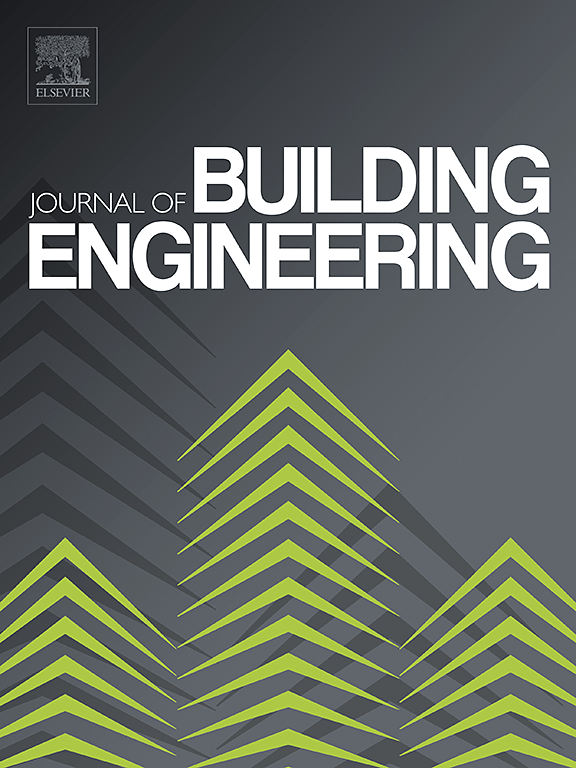A comprehensive review of building energy optimization using metaheuristic algorithms
IF 6.7
2区 工程技术
Q1 CONSTRUCTION & BUILDING TECHNOLOGY
引用次数: 0
Abstract
This review paper investigates the progression of building energy optimization (BEO), with particular emphasis on metaheuristic algorithms (MAs) within this field. This review emphasizes the need for energy-efficient buildings to reduce carbon footprints in response to global warming and the goals of the Paris Agreement. The paper outlines the scope and goals, aiming to deliver a comprehensive analysis of MAs and their applications in BEO. The introductory sections provide a foundational understanding of BEO methods, comparing traditional approaches, like linear and mixed-integer linear programming, with modern optimization techniques. The shortcomings of traditional methods in handling complex, real-world challenges are emphasized, leading to a thorough examination of Memetic Algorithms (MAs). These algorithms, noted for their flexibility, adaptability, and efficiency, are explored in-depth, along with various classifications. The benefits of MAs in solving complex optimization issues in BEO are highlighted, showcasing their superiority over classical approaches. The MAs application and common objective functions in BEO are presented. Also, the paper reviews in-depth the optimization techniques applied for simple and detailed office buildings, summarizing and comparing the findings to show practical results and methodologies. Further, the discussion extends to the challenges and limitations that have to be faced while applying the MAs. In conclusion, the main findings and final insights are summarized, emphasizing the effectiveness of these algorithms for efficient performance in BEO. This review is a helpful resource for both academics and practitioners, offering an overview of the current state and future potential of MAs for optimizing energy efficiency in buildings.使用元搜索算法进行建筑节能优化的综合评述
本综述论文探讨了建筑节能优化(BEO)的进展情况,并特别强调了该领域的元启发式算法(MAs)。本综述强调了节能建筑的必要性,以减少碳足迹,应对全球变暖和《巴黎协定》的目标。本文概述了研究范围和目标,旨在全面分析 MA 及其在 BEO 中的应用。导言部分提供了对 BEO 方法的基础性理解,将线性和混合整数线性规划等传统方法与现代优化技术进行了比较。书中强调了传统方法在处理复杂的现实世界挑战时存在的不足,从而对记忆算法(MAs)进行了深入研究。这些算法以其灵活性、适应性和高效性而著称,并对其各种分类进行了深入探讨。重点介绍了记忆算法在解决 BEO 复杂优化问题方面的优势,展示了其优于传统方法的优势。本文介绍了 MAs 在 BEO 中的应用和常见目标函数。此外,本文还深入评述了应用于简单和详细办公建筑的优化技术,总结并比较了这些研究成果,以展示实用的结果和方法。此外,还讨论了在应用 MAs 时必须面对的挑战和限制。最后,总结了主要发现和最终见解,强调了这些算法在提高 BEO 性能方面的有效性。这篇综述为学术界和从业人员提供了有用的资源,概述了优化建筑能效的人工智能的现状和未来潜力。
本文章由计算机程序翻译,如有差异,请以英文原文为准。
求助全文
约1分钟内获得全文
求助全文
来源期刊

Journal of building engineering
Engineering-Civil and Structural Engineering
CiteScore
10.00
自引率
12.50%
发文量
1901
审稿时长
35 days
期刊介绍:
The Journal of Building Engineering is an interdisciplinary journal that covers all aspects of science and technology concerned with the whole life cycle of the built environment; from the design phase through to construction, operation, performance, maintenance and its deterioration.
 求助内容:
求助内容: 应助结果提醒方式:
应助结果提醒方式:


